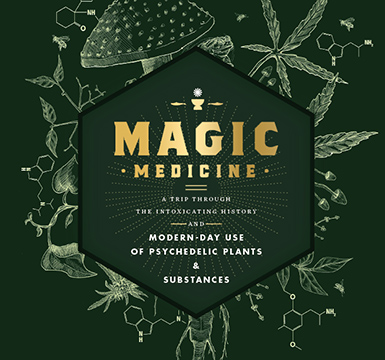Posts tagged "language"
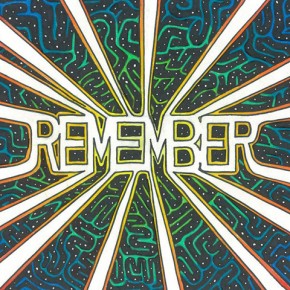
‘Remember’: A Mind-Blowing Series of Beautiful Illustrations
I recently discovered this incredible series of illustrations by Chops Wanderweird, called Remember. It’s as thought-provoking as it is beautiful, with a retro children’s-book vibe that I really love. Plus those intricate geometric lines, lovingly rendered in gorgeous colored pencil and ink, make me feel like I’m tripping! As you look through the pages you’ll catch snatches of ideas explored by Alan Watts, Terence McKenna, Timothy Leary, and other psychonauts and philosophers. Yet there’s something utterly original about this project. Prepare to get your mind blown. (Click each image for full-size and use arrow keys to navigate.) Oh, and...
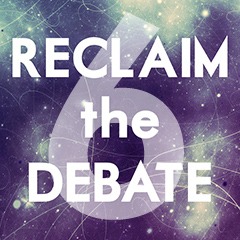
Reclaiming the Prohibition Debate, Part 6—Asking Questions
This is the conclusion of a six-part series about the Prohibition debate. You can check out Parts 1, 2, 3, 4, and 5, though they are not necessary for understanding this post. In Part 5 I discussed cognitive liberty as a basic human right, and in this final section I review the questions we should be asking about drug policy. Legality does not constitute endorsement Prohibition supporters often say that repealing prohibition would “send the wrong message” to America’s youth. But the legislative body is not in the business of sending messages. We do not pass laws to communicate how people should...
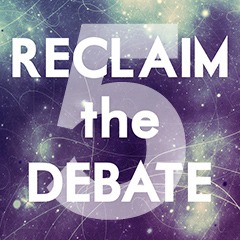
What is Cognitive Liberty? Reclaiming the Prohibition Debate, Part 5
This is the fifth in a six-part series about how the Prohibition debate is tainted by our unquestioned assumptions. You can check out Parts 1, 2, 3, and 4, but they are not necessary for understanding this post. Politicians, the media, and everyday citizens tend to frame the prohibition debate as “Should we legalize marijuana?” This language reveals entrenched cultural views not only about drugs, but about the role of government and the freedoms “allowed” to the private citizen. “Legalize” implies that the role of the government is to selectively allow some things. It isn’t – the role...
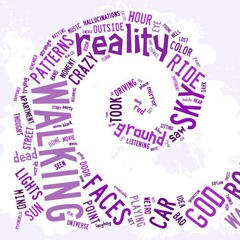
Word Clouds Show What It’s Like to Be on Drugs
What does the language of drug experience look like? What words do we turn to again and again to describe an LSD trip or a cannabis high? Rehabs.com has created some slick graphics to answer these questions (although they are not the first). They performed “extensive linguistic analysis on thousands of written user experiences” drawn from the Erowid database. The graphics cover eight popular drugs, including LSD, DMT, MDMA, and mushrooms. The words shown are the ones most unique to each particular drug, and the size of each word indicates its frequency in user reports. One major problem with an...
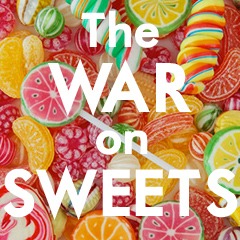
The War on Sweets What if We Applied the Failed Approach of Drug Prohibition to Candy?
This is the fourth in a six-part series about how the Prohibition debate is tainted by our assumptions and prejudices. You can check out Parts 1, 2, and 3, but they are not necessary for understanding this post. We often focus on what would happen if cannabis were legalized. This is a terrible way to frame the debate. It’s worthwhile to consider the effects of any legislative act, of course, but we focus way too much on societal effects and not enough on human rights. We consider the ends at the expense of the means. An example will illustrate my point....

Bungee Jumping Into the Godhead An Interview with Writer, Filmmaker, and Psychonaut Rak Razam
The vine has spread her tendrils across the world and a genuine archaic revival was underway. My bags were packed, South America beckoned, and the ancient mysteries of the rainforest awaited. I wanted in on it… —Rak Razam I sat down with Rak Razam, the writer, producer, and main subject of the new film Aya: Awakenings, for a 45-minute interview covering everything from the legacy of Terence McKenna to the intense 5-MeO-DMT trip that occurs at the climax of the film. The documentary, an adaptation of the book of the same name, covers the ayahuasca tourism phenomenon through...
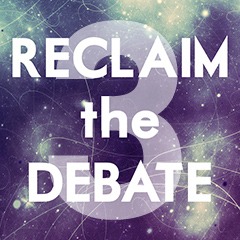
The Power of Words Rethinking the Language of Prohibition
This is the third in a six-part series about how the Prohibition debate is tainted by our assumptions and prejudices. You can check out Parts 1 and 2, but they are not necessary for understanding this post. Those who rule symbols, rule us. —Korzybski Consider the power of words. If we uncritically accept the state-sponsored language, the DEA’s job is to enforce laws that apply to illicit substances. But a humanitarian perspective may sound more like this: the DEA robs and kidnaps individuals who possess, create, or sell some substances, almost none of which are especially poisonous when compared to commonly...
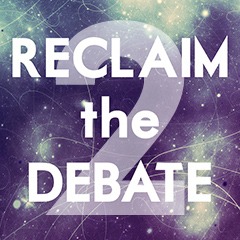
The Gravity of Law: Taking Human Rights Seriously Reclaiming the Prohibition Debate, Part 2
In Part 1 of this six-part series, I discussed the importance of comparing terms and assumptions before debating drug policy. In this post, I re-examine the nature of law and our disturbingly casual attitude towards coercion and punishment. [pullquoteleft]Every law diminishes our freedom, but good laws provide new freedoms in exchange.[/pullquoteleft]The primary function of any government is to protect its constituents’ human rights. The secondary goal is to uphold the smooth functioning of society. Secondary functions include zoning laws, market regulations, welfare programs, and tax collection—these activities don’t protect individual rights per se, but they (arguably) keep society running...
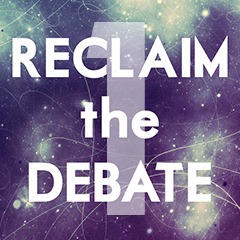
Myths and Lies of Prohibition Reclaiming the Prohibition Debate, Part 1
I have already examined the psychology of Prohibition and our neurotic desire for control. In this six-part series, I focus on the skewed language and unquestioned assumptions that taint the Prohibition debate. Language always lies… We proceed from one fiction to another, every time we open our mouths to speak. —Robert Anton Wilson Language hypnotizes us. We are raised with the phrases and conventions of our culture, and no matter how insidious or wrong-headed they prove to be—no matter how independent-minded we pretend to be—these ideas carry great power over us for our entire lives. When we name things,...
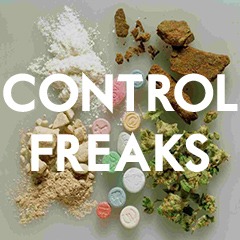
Control Freaks: America and its Uncontrolled Substances
I’ve analyzed the psychology of Prohibition before, concluding that the War on Drugs is a deceit maintained by the national ego. In this article I take a deeper look at how the desire for control affects our laws and language. This is a prelude to my six-part essay on language called Reclaiming the Prohibition Debate. None are more hopelessly enslaved than those who falsely believe they are free. —Goethe Humans like to feel in control. This is not always a bad thing, but it becomes problematic when we are so obsessed with the illusion of control that we forego the...
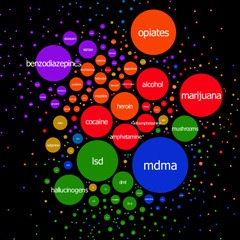
New Interactive Graphs Visualize Online Drug Talk
On his blog Virostatiq, Marko Plahuta has published a set of colorful interactive graphs depicting drug discussions on Bluelight.ru, the harm reduction forum. According to Marko: I analyzed around 1.2 million posts on bluelight.ru and constructed a simple diagram that tells a lot. It was constructed in such a way that drugs that are frequently mentioned together, appear together. Circle radii are proportional with frequency of appearance of the same drugs in the posts. A second graph maps the relationships between drugs and effects commonly reported in user posts. The source data covers a period from 2010 to 2013,...

